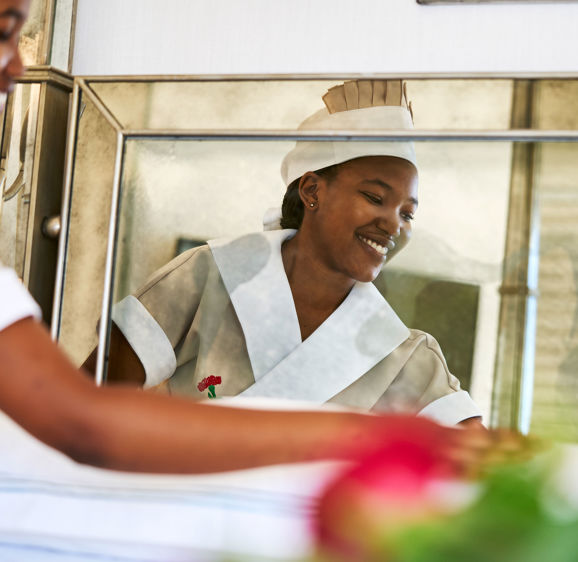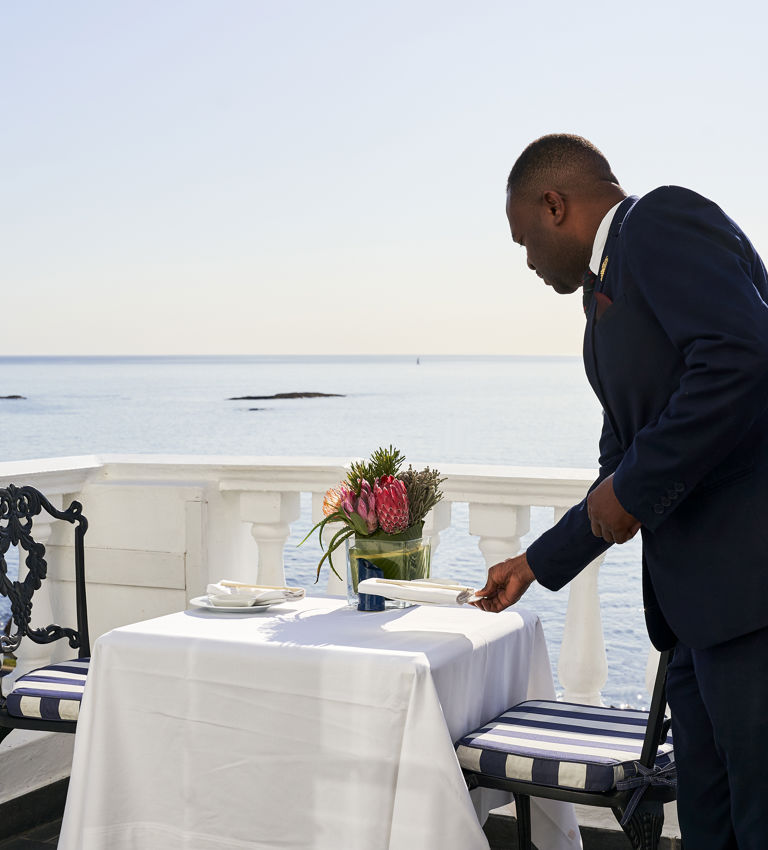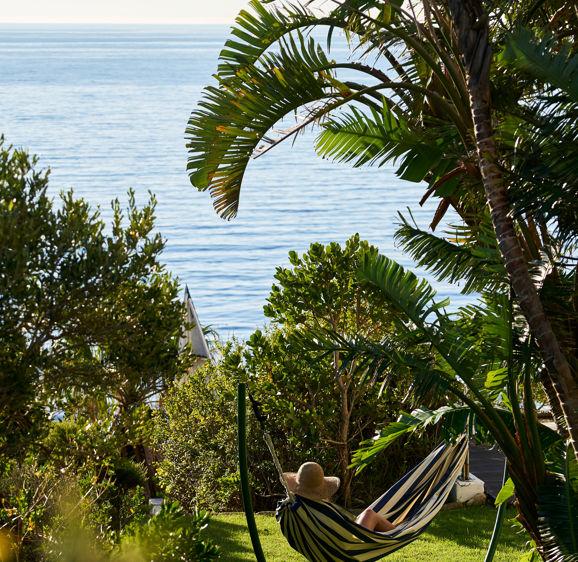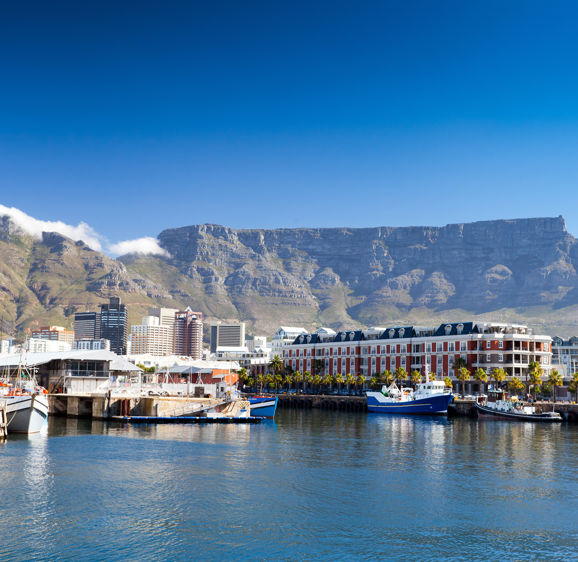
Health information
- Although bottled water is provided throughout the hotel, tap (faucet) water is safe to drink in Cape Town
- Medical facilities in Cape Town are world-class, with an excellent network of both state and private hospitals
- Please contact our concierge desk if you require any medical assistance
- Please ensure you wear both high-SPF sunscreen, and a hat, when outdoors during the daytime




